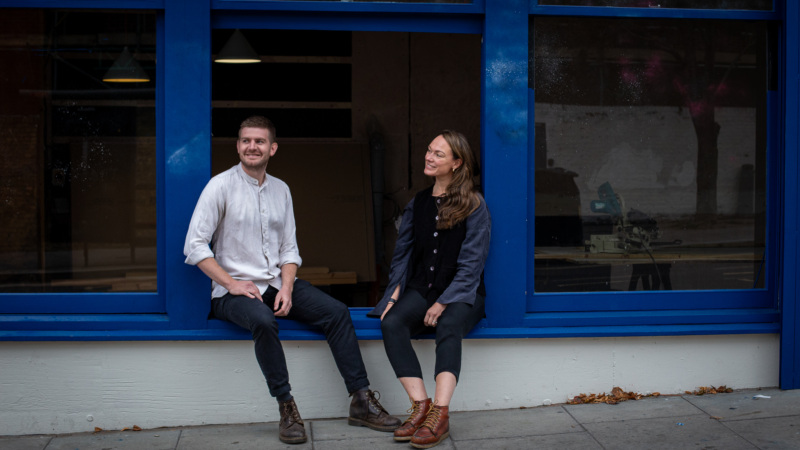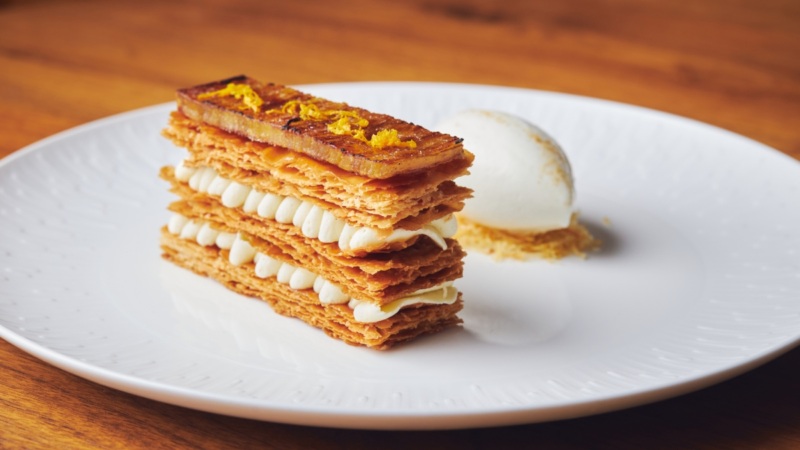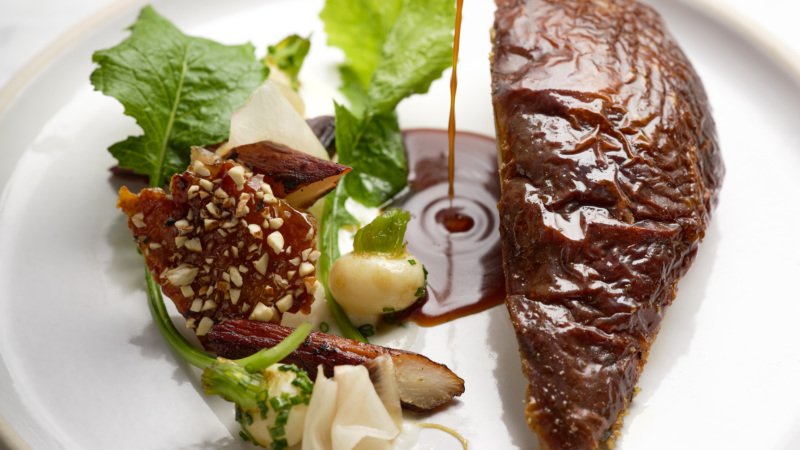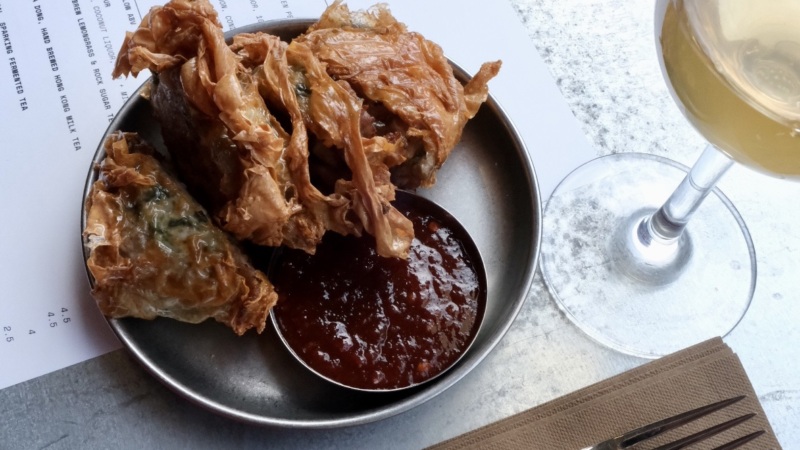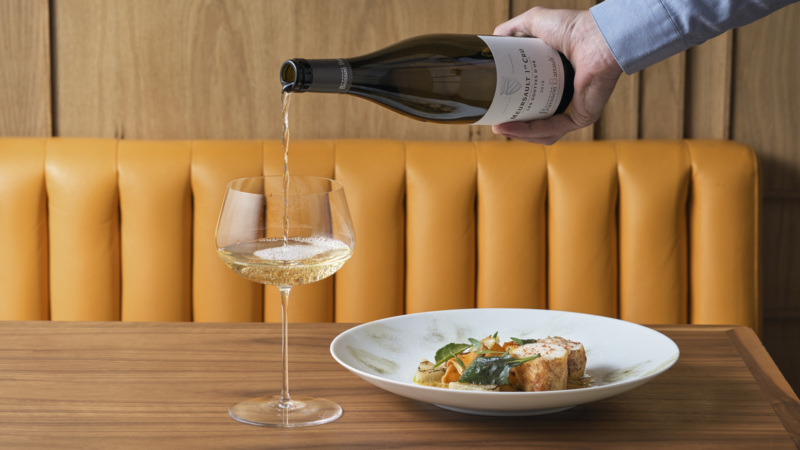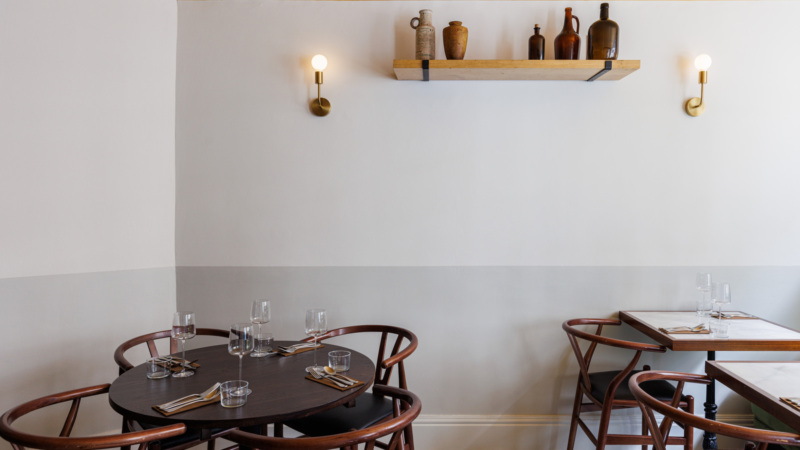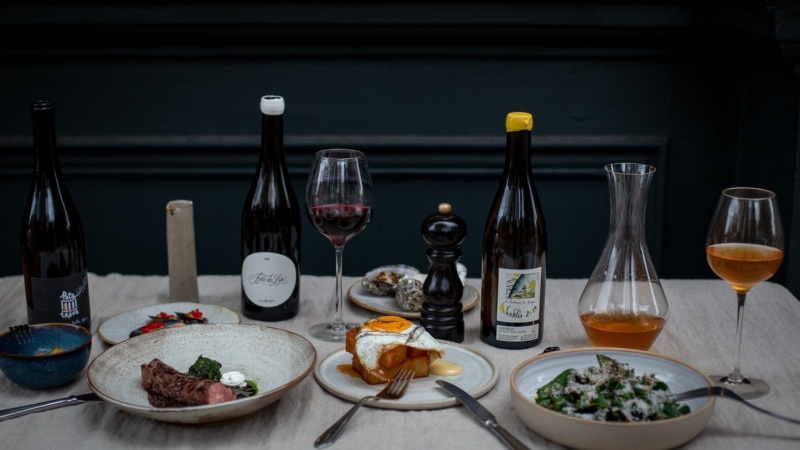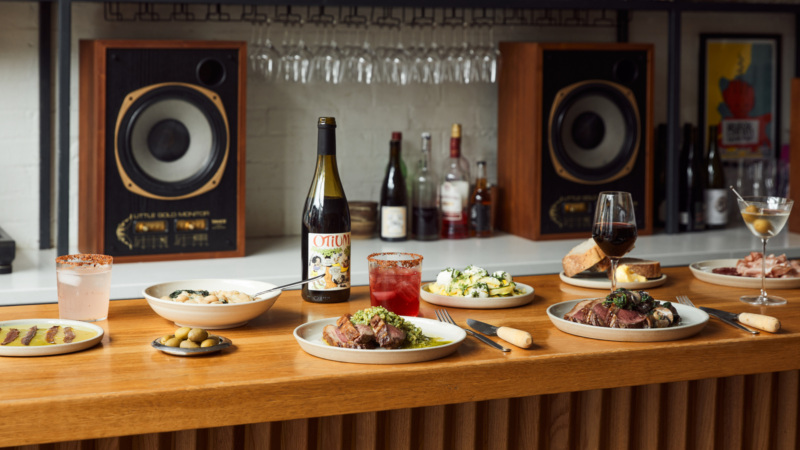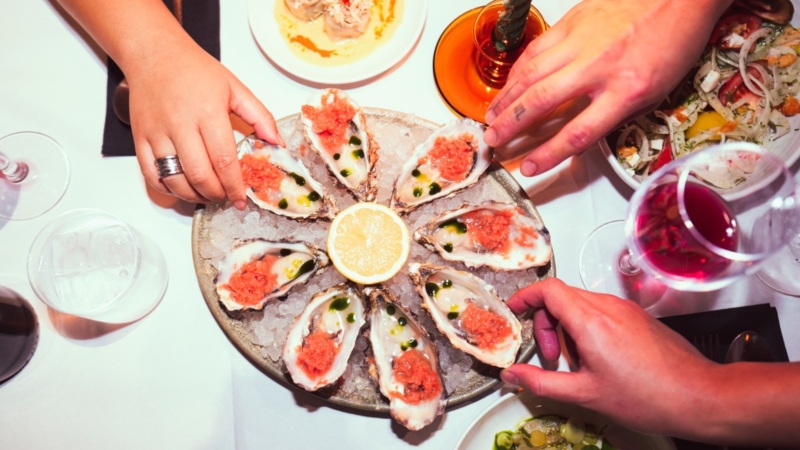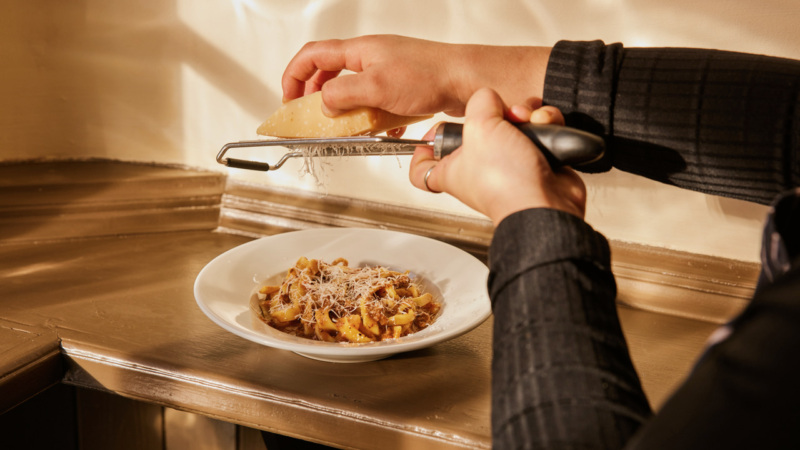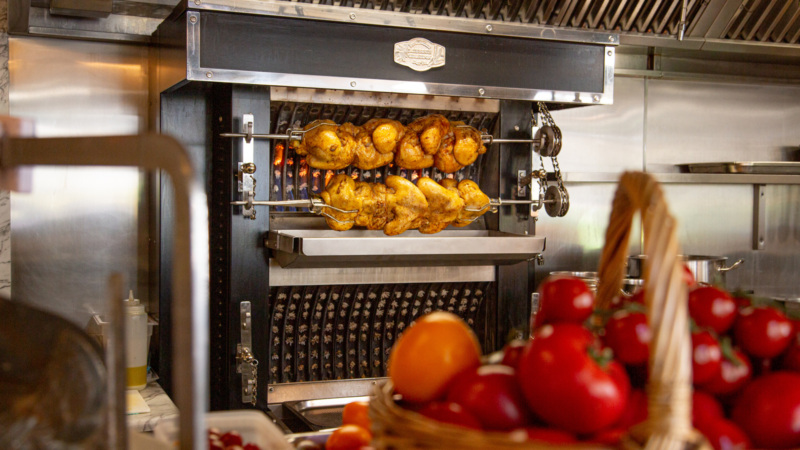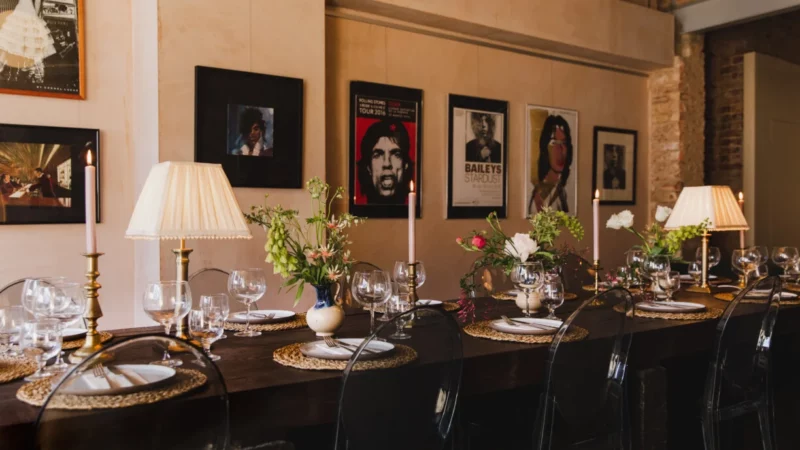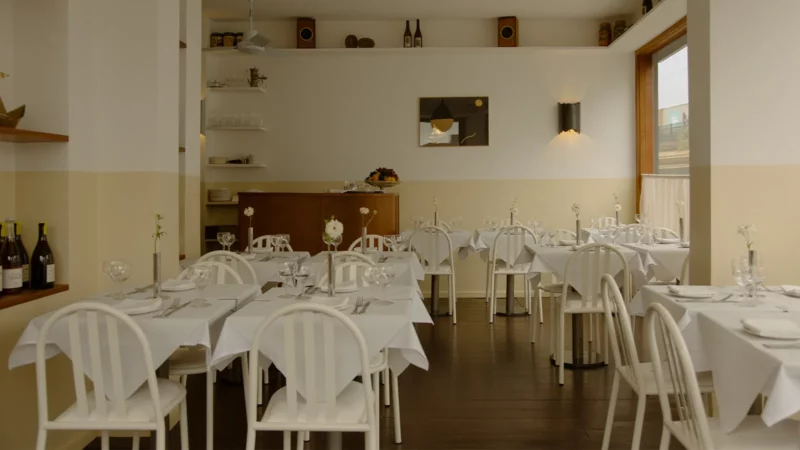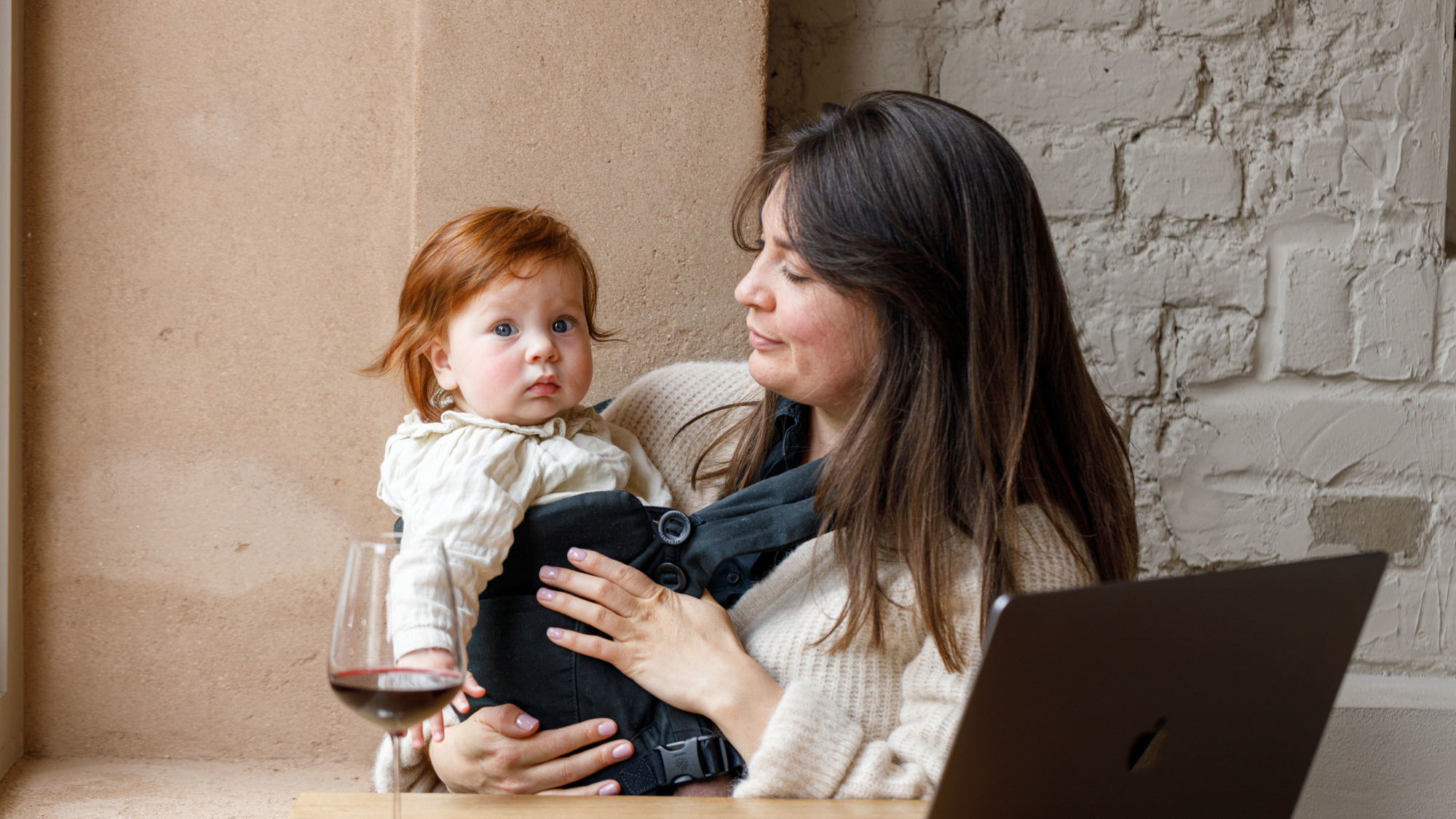
The Restaurant Staffing Crisis Hit Working Mothers Hard. What Are The Solutions?
After the cruel blow dealt by the pandemic and the ensuing ‘Great Resignation’, restaurants are in the throes of a monumental staffing crisis. The very nature of the work – late nights, long hours, physical demands – is getting ever tougher, especially for workers with families, and especially for those workers who are women.
A report released earlier this year by WiHTL – Diversity in Hospitality, Travel and Leisure disclosed that the gender pay gap in hospitality and restaurants increased for the first time in three years in 2020/21, from 5.4% to 7.7%. Furthermore, it revealed that of the 25% of highest paid positions in the sector, some 58% were held by men. Compounded by a spiraling cost of living crisis and a concurrent crisis in childcare, for women with children across many industries (including hospitality), the ability to go to work is a luxury they can ill afford. Full-time childcare per week has increased from an average of £236 per child in 2018 to £274 in 2022. Single mums and hospitality foot soldiers with two children or more can forget about it.
It’s no surprise, then, that the number of women returning to work after having a baby has actually gone down for the first time in decades. So, what are some of the fixes that the industry has been forced into to try to get around these huge challenges?
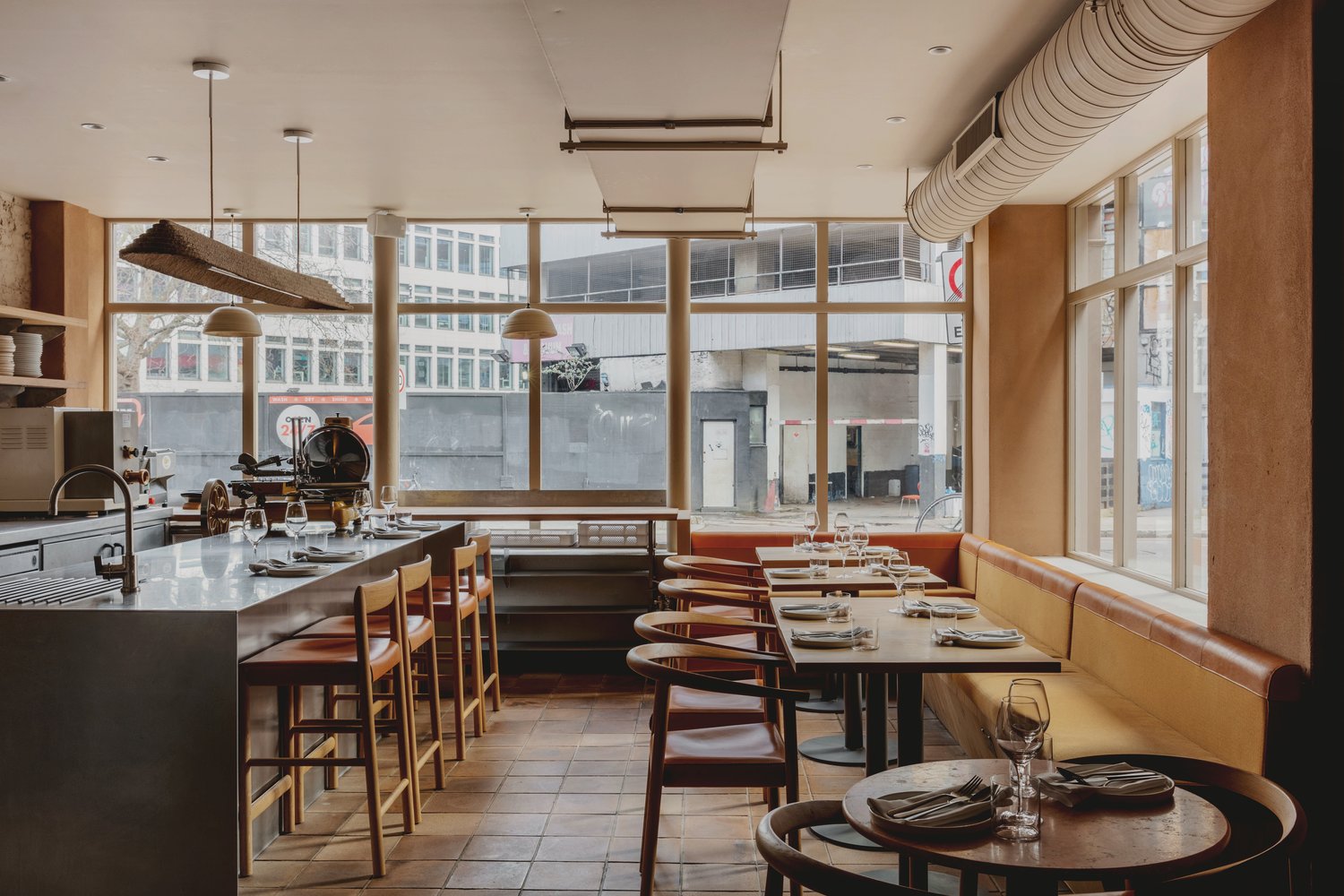
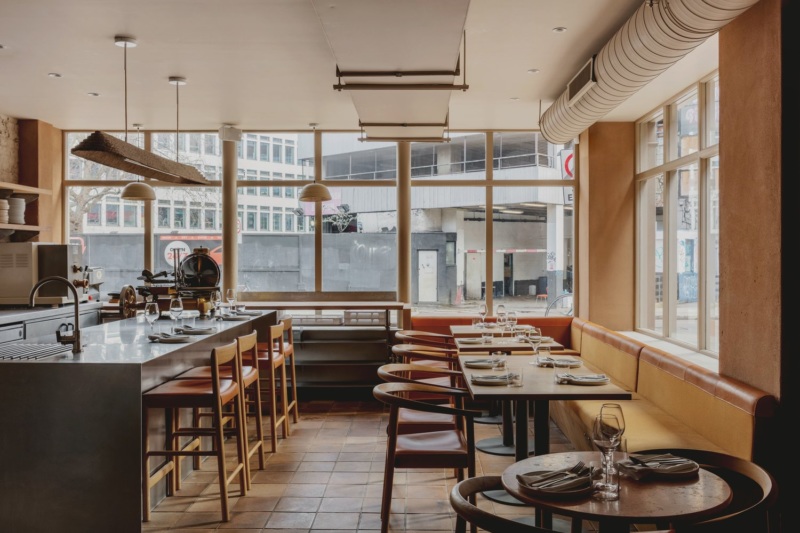
For working mothers in the hospitality industry, options are limited, but creative solutions have included everything from flexible working patterns, turning to community for support, and even shortening the work week to allow for a more sympathetic work-life balance geared towards those with young children.
Natalia Ribbe, owner of Barletta in Margate and co-founder of Good Shift (formerly Ladies of Restaurants), says: “I’m not a mother and I do stress about the idea that if I had a kid I wouldn’t be able to have this business. But it has to be that we can have families and work in this industry. I do think as an industry, we need to be better about it and be more vocal about it. We have to ask: are we having a staffing crisis because of our shift patterns and the way we have been operating isn’t conducive to modern families?”
Ribbe has a couple of mothers on the roster at Barletta, one of whom does shifts that fit around the school run. “Honestly it works really well for us because we have strong daytime trade, and we need her at those peak times.”
Emily Acha Derrington, head of wine at Manteca in Shoreditch and mother-of-two, observes: “When you yourself are navigating the ups and downs of parenthood, you are in a much better position to understand staff with children’s need for flexibility.” She says that staff at the restaurant with children are working more flexible hours, with some working part time while others work prep shifts from 7am to 5pm. “Obviously some employers are going to be more open to having that conversation,” she says. Acha Derrington herself doesn’t work service; but baby in sling, she will go into sort wines or attend a tasting.
“The industry breeds this idea that you can’t be pregnant, and you can’t not drink that’s just not cool and that’s not how you’re going to get ahead in this career.” – Natalia Ribbe
Meanwhile, Kate Tiernan of Black Axe Mangal (and mother of six-year-old and 12-year-old boys) has struck upon a solution that’s being more widely adopted in the industry as restaurants struggle to find enough staff to stay open. Since reopening after lockdown, her and husband Lee have condensed their working week into three days. They now open Wednesday through Friday only, for a better work-life balance and time to be parents as well as business owners. Says Kate Tiernan: “We asked our kids what they wanted when we went back, and they said they didn’t want us to work on the weekend because that’s their only time with us.”
Tiernan’s on the floor less than she’d like to be but is fine with that for now. “I can do a lot of the administrative work from home or on a phone; I don’t have to be in the restaurant. It isn’t the bit about my job I like best, but it fits around being a parent. I’m sure there will be a time when the children are older that Lee and I can both work evenings together but right now, the six-year-old needs mummy or daddy there consistently reading the story at bedtime.”
In common with many, Tiernan has relied on family to help with childcare from time to time. Formal childcare is geared to the white collar nine-to-five, not to the vagaries of shift work. A specialist hospitality crèche, open 24/7, remains a utopian fantasy.


For some, the decision to lean in has been worth the sacrifices. Amy Corbin is the co-owner of Kudu Collective in Peckham, and has seen both sides of the equation, both as a mother of two girls but also growing up in a hospitality-driven household. She can’t remember her father Chris (Corbin, co-founder of Corbin and King) being home that much when she was between the ages of four to nine, though when he sold his restaurants (Le Caprice, The Ivy and J.Sheekey) he was back on school run duty. “I definitely saw how hard it was, and my dad and mum 100 per cent understand what it’s like for us as a husband and wife trying to run a business,” she says. “My weekends are a real struggle because my husband [Kudu executive chef Patrick Williams] works all weekend, so basically, I’m mostly on my own or I have my mum help me.”
She says that it was never the plan for Williams to work on Sundays, allowing him at least one day a week with their daughters, but as business owners, he’s had to step in when called upon. “There are times when we’re just like ‘this is insane’ but we’re only four years in trying to grow a business,” she elaborates. “We’re looking at the big picture.” Since Kudu opened in 2018, the big picture has expanded from a single restaurant to a group, having followed the original restaurant with cocktail bar Smokey Kudu and the braii-focused Kudu Grill.
For Acha Derrington, it was the particularities of the hospitality experience that moved her along with chef-turned-therapist Merly Kammerling (resident agony aunt at Countertalk) to set up support group Parents in Hospitality, a community that allows parents in the industry the opportunity to find each other, share stories, and exchange advice.
Acha Derrington recalls: “Chris [Leach, her partner and co-founder of Manteca] was working all the time and I was by myself a lot. I went to a few toddler classes and found I didn’t really click with anyone. They didn’t understand what I was going through, those kinds of hours, my partner not being there evenings and weekends,” she says. “But people in hospitality immediately understand ‘yes, that’s crap’.”
“If you’re employing parents you do know they’re someone who really gives a shit, someone who needs a steady income, and has a sense of responsibility.” – Kate Tiernan
The group held a few events before the pandemic (an informal wine tasting and a talk with a hospitality recruiter) and now do a monthly stay-and-play. “The idea was that it was supposed to be a little bit helpful and also fun and a place you can bring your child,” says Acha Derrington. “People come because they feel a synergy between people there.”
What’s frustrating is that there is a whole pool of talent, people passionate about hospitality, who would love to work if only they could. These are brilliant, experienced men and women with exceptional people skills (if anyone can deal with a customer having a tantrum, this lot can), and while individuals within the industry have come up with novel and creative workarounds, wider change will only arrive when greater systemic issues are addressed. It’s also worth noting that for non-owners, there’s even less flexibility and control in juggling parenthood with the challenges of a job in hospitality.
Black Axe Mangal’s Kate Tiernan says: “If you’re employing parents you do know they’re someone who really gives a shit, someone who needs a steady income, and has a sense of responsibility that you don’t always get in young single people who’ll hand in their notice to hit the festival scene, or buy a van and drive across Europe – which they absolutely should do at 23 – but fuck, what am I going to do?”
Furthermore, there’s a wider cultural problem that the restaurant industry is still not seen as a place to carve out a long-term career. But working in restaurants shouldn’t be a ‘young person’s game,’ insists Ribbe. “The industry breeds this idea that you can’t be pregnant, and you can’t not drink that’s just not cool and that’s not how you’re going to get ahead in this career.” She notes that serious conversations around parental leave, career breaks, pay, and pensions are starting to happen, even though small businesses, in the aftershock of the pandemic, struggle to compete with big groups. She believes that hospitality, with all its creativity, resilience (“look at how we pivoted in the pandemic”) will find solutions.
For the parents muddling their way through in the industry they love it, it will all be worth it. “My children will grow up know what it is we do and why we do it,” says Emily Acha Derrington. “I can’t wait to get them working in a restaurant.”
Hilary Armstrong is a London-based journalist and editor. Follow her on Instagram and Twitter. Follow Resy, too.







